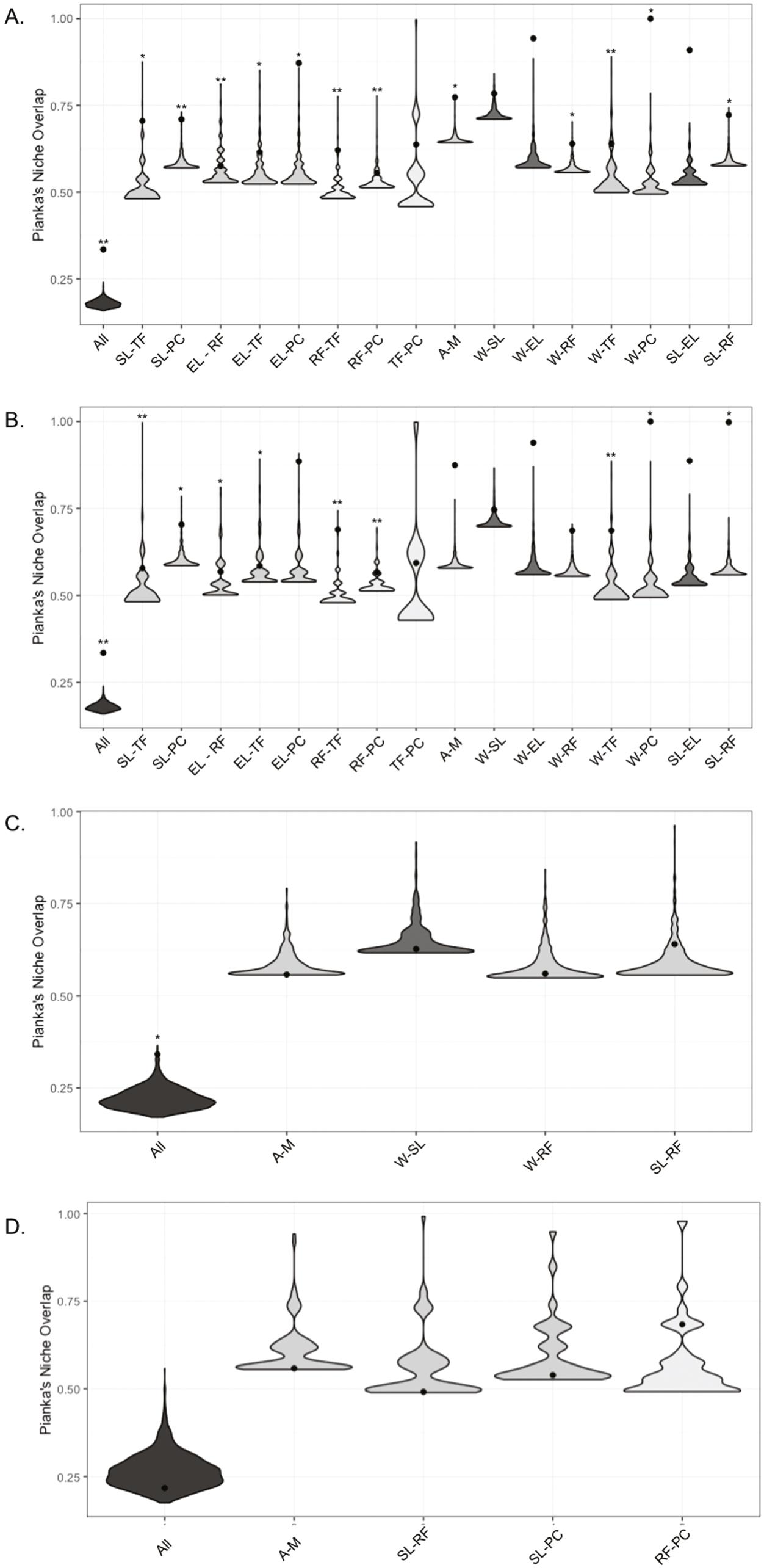· a healthy diet is a foundation for health, well-being, optimal growth and development. A healthy diet is essential for good health and nutrition. · healthy dietary practices start early in life – breastfeeding fosters healthy growth and improves cognitive development, and may have longer-term health benefits, like reducing … · who fact sheet on healthy diet with key facts and information on essential dietary elements, practical advice, salt, sodium and potassium, sugars, health diet promotion, who … Eating a variety of … Unhealthy diet is one of the leading risks for the … Who reaffirms that adults should limit total fat intake to 30% of total … · this is the first version of the guidance for monitoring healthy diets globally, which provides an overview of healthy diets measurement purposes, types of surveys suitable for the … It protects against all forms of malnutrition. It protects you against many chronic noncommunicable diseases, such as heart disease, diabetes and cancer. · with its guidance on dietary fat, who notes that both quantity and quality are important for good health. · a healthy lifestyle to ensure a healthy lifestyle, who recommends eating lots of fruits and vegetables, reducing fat, sugar and salt intake and exercising. Who guiding principles for feeding the breastfed child and non-breastfed child recommend that children aged 6–23 months be fed a variety of foods to ensure that nutrient needs are met. Based on height and … Nugag subgroup on diet and health has been focused on the updating of the dietary goals for the prevention of obesity and diet-related noncommunicable diseases (ncds).
Dietary Niche Partitioning: More Than Just Food Sharing
· a healthy diet is a foundation for health, well-being, optimal growth and development. A healthy diet is essential for good health and nutrition. ·...









